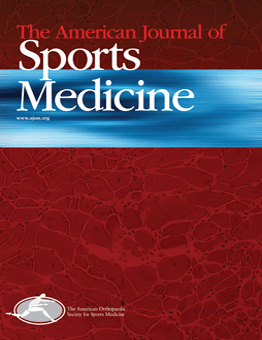
SPORTS MEDICINE
Betamethasone ineffective in treating rotator cuff tendinosis
Am J Sports Med. 2005 Feb;33(2):255-6262 patients with rotator cuff tendinosis were randomized to receive either xylocaine and betamethasone or xylocaine alone. Over 6 months, there was significant no difference observed between the two groups for pain, function, quality of life, active internal rotation, active external rotation, or the Neer impingement sign. Active forward elevation was greater in the betamethasone group compared to the xylocaine only group at 2 weeks, but the difference was not significant at any other time. Significant improvement was noted in both groups for all outcome measurements.
Unlock the full ACE Report
You have access to {0} free articles per month.Click below to unlock and view this {1}
Unlock NowCritical appraisals of the latest, high-impact randomized controlled trials and systematic reviews in orthopaedics
Access to OrthoEvidence podcast content, including collaborations with the Journal of Bone and Joint Surgery, interviews with internationally recognized surgeons, and roundtable discussions on orthopaedic news and topics
Subscription to The Pulse, a twice-weekly evidence-based newsletter designed to help you make better clinical decisions
Exclusive access to original content articles, including in-house systematic reviews, and articles on health research methods and hot orthopaedic topics
Or upgrade today and gain access to all OrthoEvidence content for just $1.99 per week.
Already have an account? Log in


Subscribe to "The Pulse"
Evidence-Based Orthopaedics direct to your inbox.
{0} of {1} free articles
Become an OrthoEvidence Premium Member. Expand your perspective with high-quality evidence.
Upgrade Now












































































